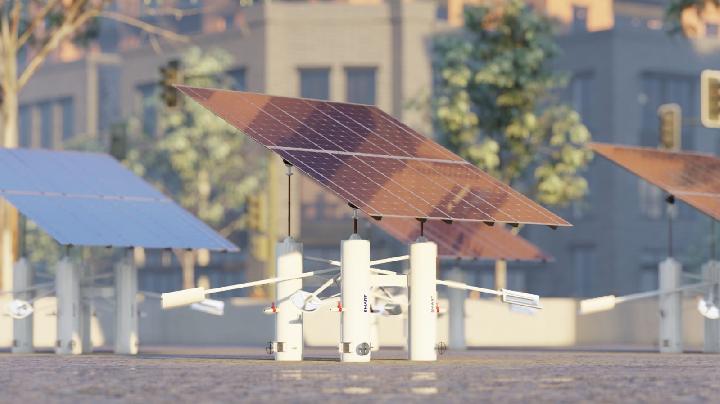Energy Justice Key to Global Net Zero Action
Translator
Editor
21 October 2023 17:10 WIB

By: Justin See, University of Sydney in Sydney
Achieving net zero emissions requires compromise but energy justice for all needs to be at the heart of any decision. For all the talk, it's not happening, yet.
The Australian government contingent at the COP28 summit will arrive in Abu Dhabi attempting to show off efforts made under Prime Minister Anthony Albanese to move the country toward net zero emissions by 2050.
But despite the country's step up from COP pariah in 2021 to the climate club in 2023, the Australian government has also approved three new coal mines this year, and state governments are trying to reopen coal-fired power stations as a way of pushing down consumer costs.
It is this apparent contradiction that has some nations in the developing world claiming hypocrisy.
Especially when some of their most vulnerable communities are paying a price for the push to cut emissions. It becomes a matter of 'energy justice'.
The science is clear: carbon emissions need to be reduced by almost half by 2030 to avoid the worst impacts of climate change but developing countries ask why they should forgo fossil fuels while rich countries like Australia profit from the surge in prices for fossil fuel exports and still argue for renewable energy targets.
To achieve net zero, the world needs to transition away from a fossil fuel-based global economy to one powered by renewable, lower-carbon energy sources like solar, wind, and natural gas.
Such projects are also the healthier and cheaper option for our planet.
The energy transition would mitigate air pollution and its health impacts, create more jobs increase tax revenues, and even boost innovation.
Many communities see these benefits.
Standalone solar grids provide people in Malawi with electricity for essential services like healthcare and water purification.
Geothermal power plants generate abundant and reliable electricity to power the Tsuchiyu Onsen town in Fukushima, Japan. Solar-based mini-grids have also provided access to electricity to almost 13,700 villages in remote Cambodia.
Yet there are injustices associated with transitioning to renewable energy that need to be countered. There are principles that should guide the way we scale up renewables in a just and sustainable way.
Over the past decade, the term 'energy justice' has emerged to highlight the importance of ensuring all individuals have access to clean, affordable, and sustainable energy.
It focuses on the full lifecycle of energy resources, from extraction to production to consumption.
Energy justice draws upon the three core principles of environmental justice:
- Distributive justice refers to burdens and benefits across populations.
- Procedural justice refers to who is included in decision-making to ensure that energy policies and processes are transparent and inclusive.
- Recognitional justice analyses whose voices get respected and heard, to ensure perspectives of the most vulnerable are included in planning.
Chile's Generacion Comunitaria is an example of an inclusive and participatory model for energy transition. Generacion Comunitaria is a partnership framework developed by the Ministry of Energy to ensure Indigenous and non-Indigenous communities develop and manage their own renewable energy initiatives.
Aside from its inclusive processes, Generacion Comunitaria policy also works to make renewable energy affordable and accessible to the local population.
Chile's example is an exception: energy justice is generally discussed rather than practiced.























